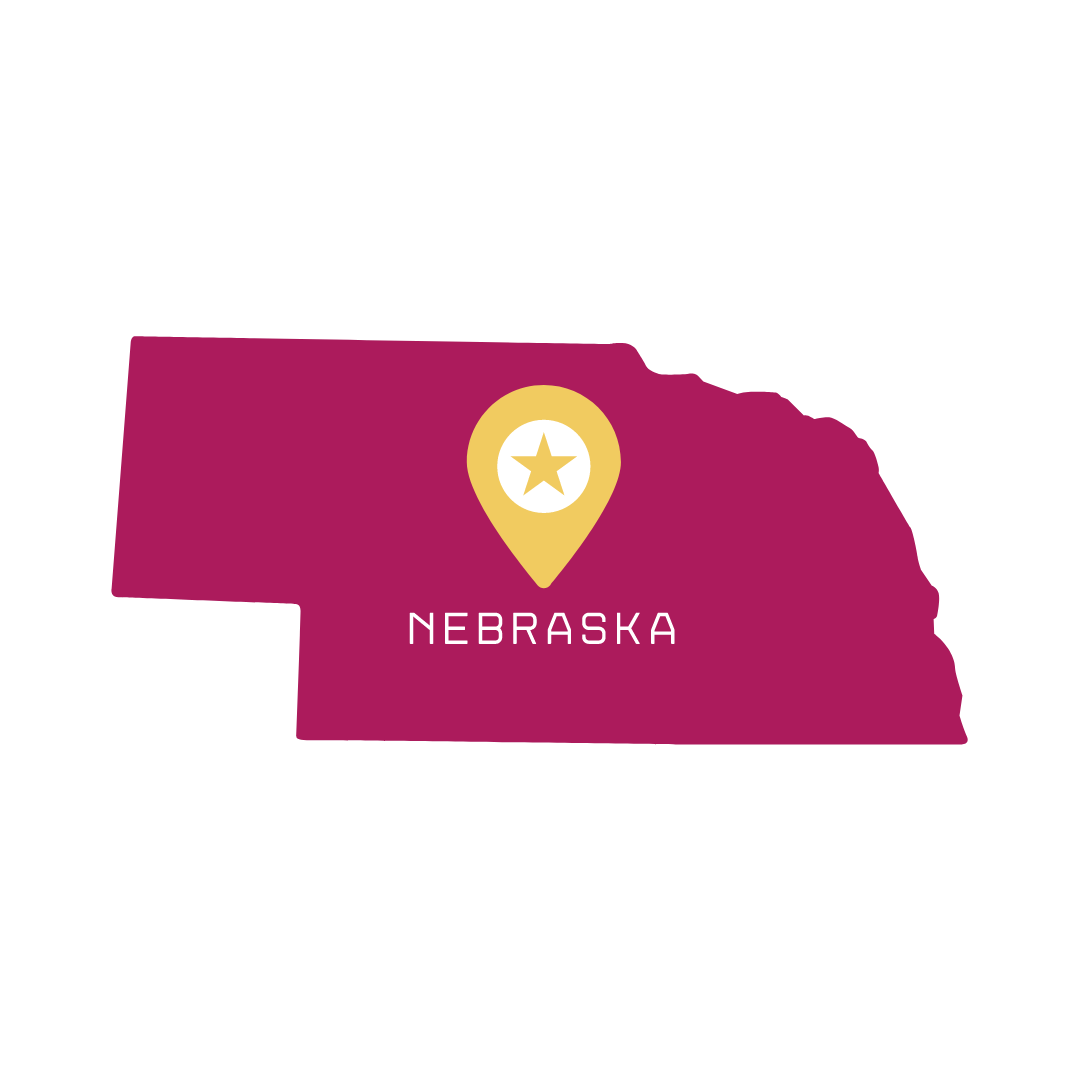The information presented on these pages is for informational purposes only. Links to official documentation and information is provided where and when possible. Please consult local government authorities for current and accurate information.
Nebraska has seen efforts on several fronts to increase access to doula services including insurance and Medicaid reimbursement.
Legislative Efforts
In 2020, LB 1170 was proposed which would require Medicaid reimbursement for doula services. The Legislation was indefinitely postponed in August of 2020.
In January 2021, LB 416 was proposed which requires a $500,000 appropriation to provide Medicaid reimbursements for doula services. LB 416 was placed on ‘carryover’ to be considered in the 2022 regular session.
Insurance Reimbursement Efforts
Insurance companies, both public and private, have also taken efforts to expand access to doula services.
Managed Care Organizations are health care delivery systems that manage cost, utilization, and quality. MCOs contract with states agencies to provide health care benefits to Medicaid recipients. In addition to the general services covered by a state’s Medicaid program, MCOs may cover value-added services–medically appropriate and cost effective services. Nebraska requires Managed Care Organizations (MCOs) to provide value-added services to Medicaid members. One MCO, WellCare of Nebraska, covered doula services as a value-added service. This reimbursement is limited to female Medicaid recipients who are under 21 years old, connected to the foster care system, and living in a group home or maternity home with limited support from their parents.
During the annual review of value-added services, WellCare and the Nebraska Medicaid agency decided to suspend the program due to minimal use, cost, and outcome metrics. Coverage ended in June of 2020 but it was noted that most social workers in the foster care system were unaware of the WellCare doula reimbursement program and there’s a belief that contributed to low use.


